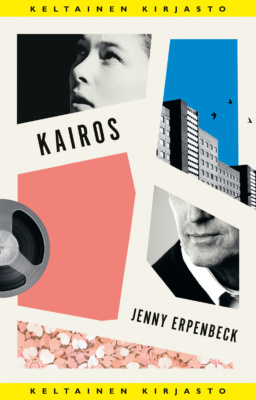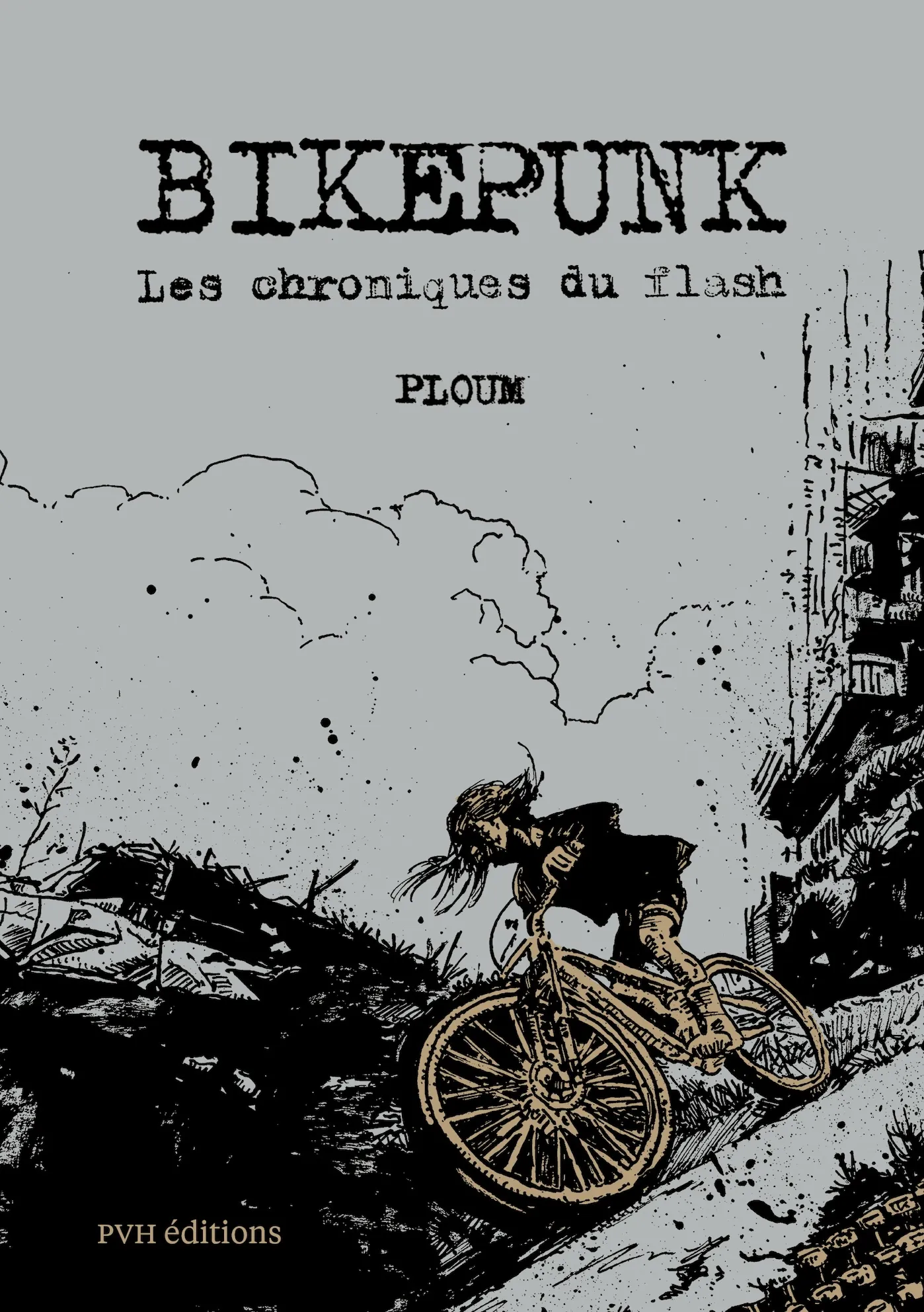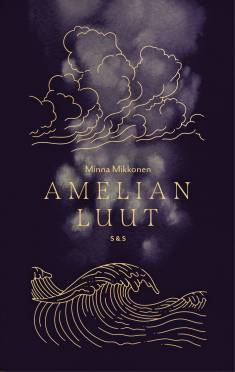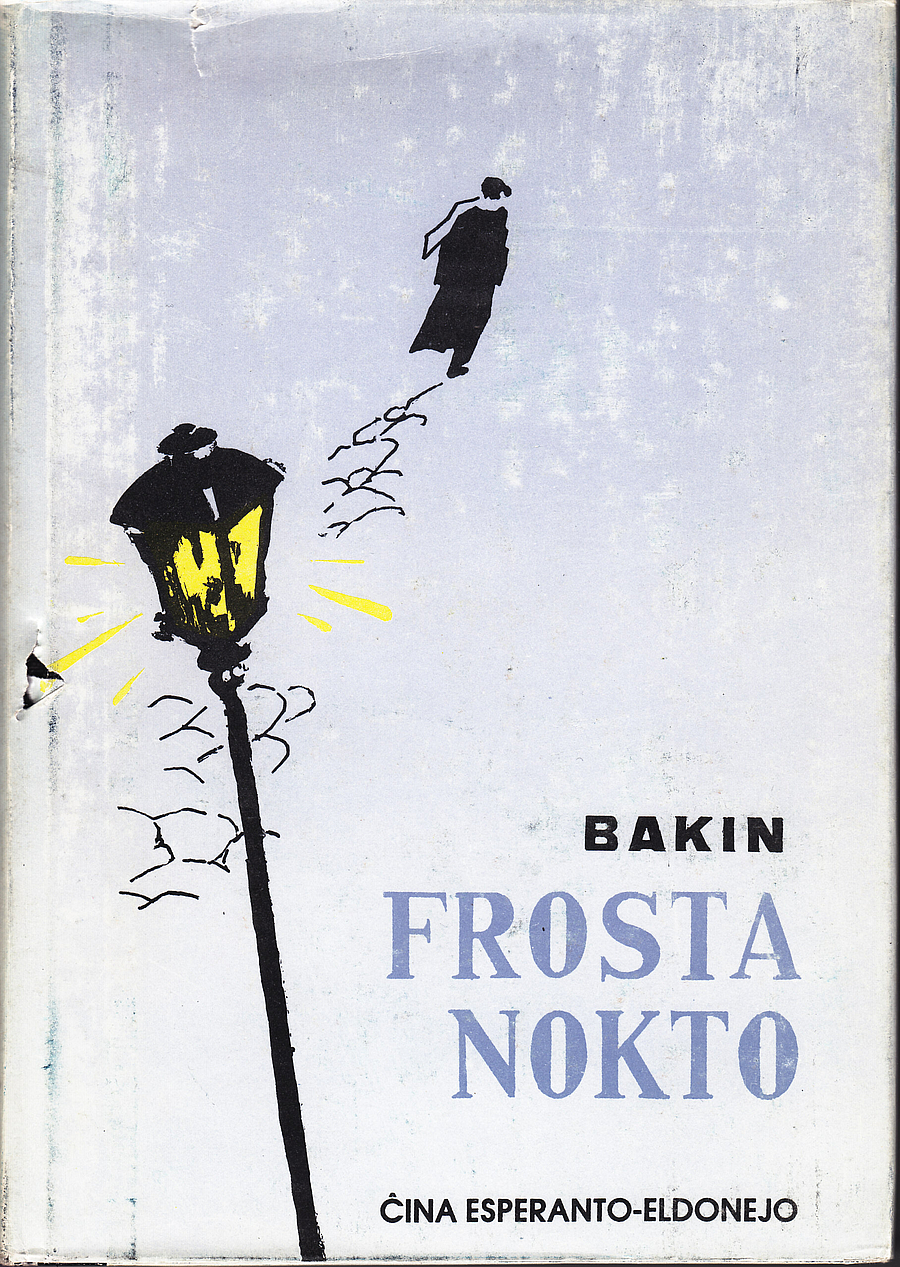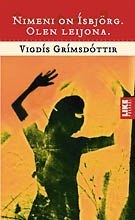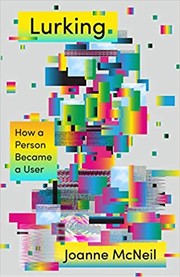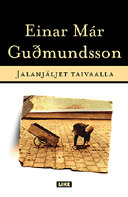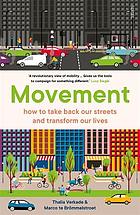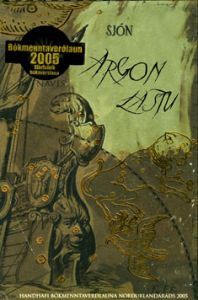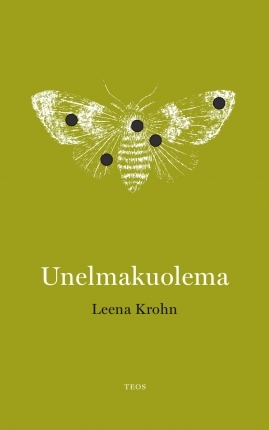Taru Luojola replied to Tor Lillqvist's status
@tml@urbanists.social Joo, tämä on aika mielenkiintoisella tavalla tehty harrastelijakäännös. Ihan hyvä sinänsä, ei isompia ongelmia, mutta ammattikääntäjä olisi tehnyt ehkä hiukan erilaisia, kerrontaa sujuvoittavia ratkaisuja. Mutta yllätyin silti käännöksen laadusta myönteisesti.
Kirjan ja pelin tarinat ovat täysin itsenäisiä, vain maailma on sama. Pelissä laajempi maailma on enemmänkin staattista taustaa ja siinä liikutaan koko ajan vain yhdessä kaupungissa, kun taas kirjassa maailma itsessään muuttuu koko ajan, niin itsestään kuin ihmisten tekojen seurauksena, ja siinä liikutaan laajoilla alueilla paikasta toiseen. Eli siinä mielessä, jos haluaa päästä uppoutumaan maailmaan paremmin, kannattaa ehkä lukea kirja ensin. Minä pelasin ensin, ja laajempi maailma ei tullut sillä tavalla iholle kuin kirjassa. Kummankin tarinassa on kuitenkin se yhtäläisyys, että vaikka niissä selvitetään rikosta, varsinainen selvityskohde on päähenkilöiden oma elämä.
